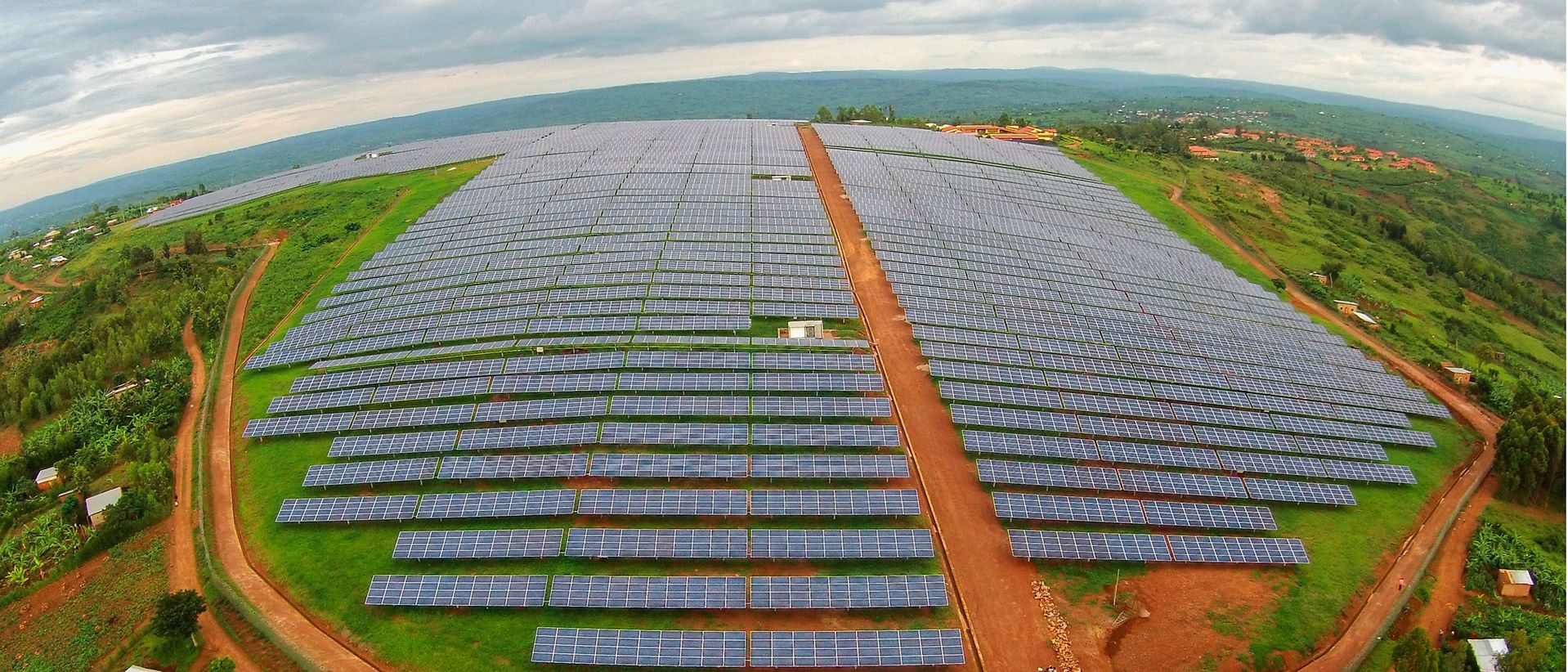LOCALISED policy brief reveals uneven impact of climate change mitigation and costs across Europe

As Europe works towards net-zero targets, understanding regional disparities will be crucial for ensuring a just and effective transition. That’s why the LOCALISED project is working shed light on the complex challenges of climate change mitigation and adaptation across diverse European regions.
In its latest policy briefing, “Future Disparities: Asymmetric Climate Change Investments and Their Implications,” LOCALISED warns that regional variations could hamper or slow the transition to net-zero.
Key Findings:
- Asymmetric investment burdens: The costs of mitigating and adapting to climate change will vary significantly between regions, potentially exacerbating existing inequalities.
- Regional variations: Some areas may face costs several times their annual GDP over the next 25 years, while others could potentially profit from the transition.
- Economic diversity matters: Regions with diverse economic activities have differnt needs and options for decarbonization compared to those focused on a narrower range of sectors.
- Support needed: Many regions will require external financial assistance to achieve full decarbonization without social disruption.
To help tackle these challenges, LOCALISED has developed a method to downscale national decarbonization plans to the local level, providing detailed maps, stakeholder-specific maps for all European Member States at the county or city (NUTS-3) level for the first time, as well as estimating projected investment needs in individual regions.
This innovative approach allows policymakers and stakeholders to take more targeted decisions regarding local decarbonisation pathways. LOCALISED is also developing a web tool that will enable city administrators and regional stakeholders to access and modify plans for their specific areas.
For more information on this research and its implications for European climate policy, see the full policy brief.
–
Disclaimer
Created with funding from the European Union. Views and opinions expressed are however those of the author(s) only and do not necessarily reflect those of the European Union or the granting authority. Neither the European Union nor the granting authority can be held responsible for them.
The information and documentation in this section are published with permission from their respective sources. While the MAIA Project strives to ensure the accuracy and completeness of the content, we make no guarantees or warranties of any kind, express or implied, about the validity, reliability, or accuracy of the information. The original sources are solely responsible for the content they provide. We disclaim any liability for any errors, omissions, or inaccuracies in the information and for any actions taken in reliance on the information contained on this website.

Comments
There is no content